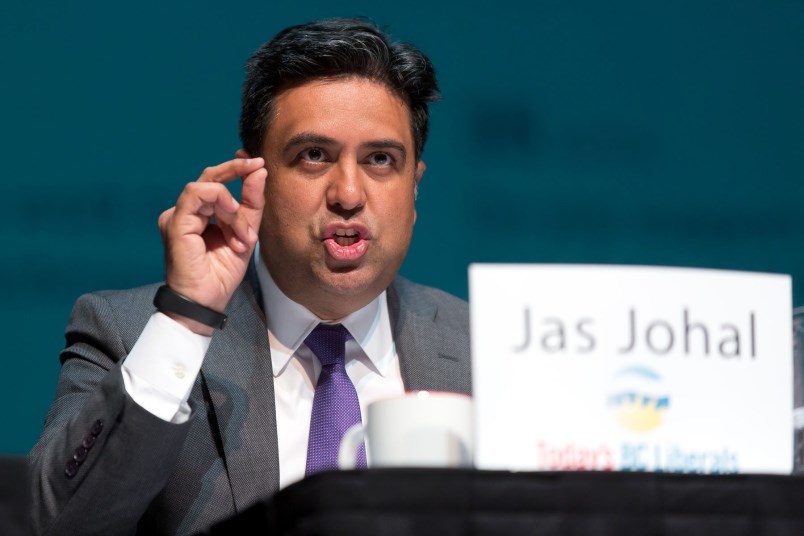A Richmond MLA wants to see B.C. drivers offered rebates due to ICBC’s lower operating costs during the COVID-19 pandemic.
Jas Johal, BC Liberal MLA for Richmond-Queensborough, introduced the legislation – known as the Insurance Corporation Amendment Act, 2020 – on Wednesday.
“The COVID-19 pandemic has brought with it many unexpected outcomes that have proven to be very challenging for British Columbians. Most of these have to do with financial strain,” said Johal, during the afternoon legislature session.
“We, as a province, should take the necessary steps to ease this burden as much as possible.”
Johal said one of those steps is for ICBC to offer rebates to drivers.
The Act would give the provincial government the ability to reallocate ICBC’s “windfall” of $158 million over the last few months of COVID-19 into rebates, according to a statement from the BC Liberals.
“Those savings during the state of emergency continue to grow, up to and including today,” said Johal.
From March 16 to May 2, the insurance corporation had 50,400 fewer claims, as fewer drivers were on the road and, therefore, fewer accidents took place, according to Johal.
“During that time, British Columbians continued to pay the high cost of auto insurance with no rebate or reduced rates to be seen,” Johal said.
Johal pointed out public and private insurers elsewhere in Canada and across the U.S. have “already passed those savings onto drivers,” and allowed rebates.
Ontario, for example, announced in April it would be enabling auto insurance companies to provide temporary insurance premium rebates to drivers during the pandemic by amending a regulation under its Insurance Act.
That amendment allows insurance companies to provide rebates to Ontario consumers for up to 12 months after the pandemic health emergency has ended.
The Financial Services Regulatory Authority, an independent regulatory agency in Ontario, said in June insurance companies have provided consumers in that province $685 million in premium relief since that measure was introduced.
Meanwhile, a survey released Friday by the Insurance Bureau of Canada (IBC) found, as of June 30, private insurers across the country have returned an average of $280 per driver in auto insurance premium relief.
When asked recently about the possibility of rebates, B.C. Attorney General David Eby said there’s no safety net in place to offer them.
“The availability of rebates or any other kind of initiative with a surplus depends on there being a surplus… Those reserves are not in place.”
ICBC – which Eby has referred to as a “dumpster fire” – was hemorrhaging around $1 billion in each of the past two fiscal years. The provincial government’s 2020 budget, presented in February, estimated a surplus of $86 million in 2020/21.
While ICBC received $158 million due to fewer claims, the agency has said that revenue from insurance premiums is down $283 million, due to customers’ changes to their insurance during the pandemic.
The IBC – which represents Canada’s private home, auto and business insurers – found the industry had already returned more than $775 million to drivers.
However, the IBC says ICBC – a public insurer – has not provided “meaningful relief” to customers whose driving habits may have changed, or who may be facing financial hardship, due to COVID-19.
Johal’s bill will be before the legislature for second reading during the next session, Aug. 10.
- With files from the Times Colonist
Read more from the



